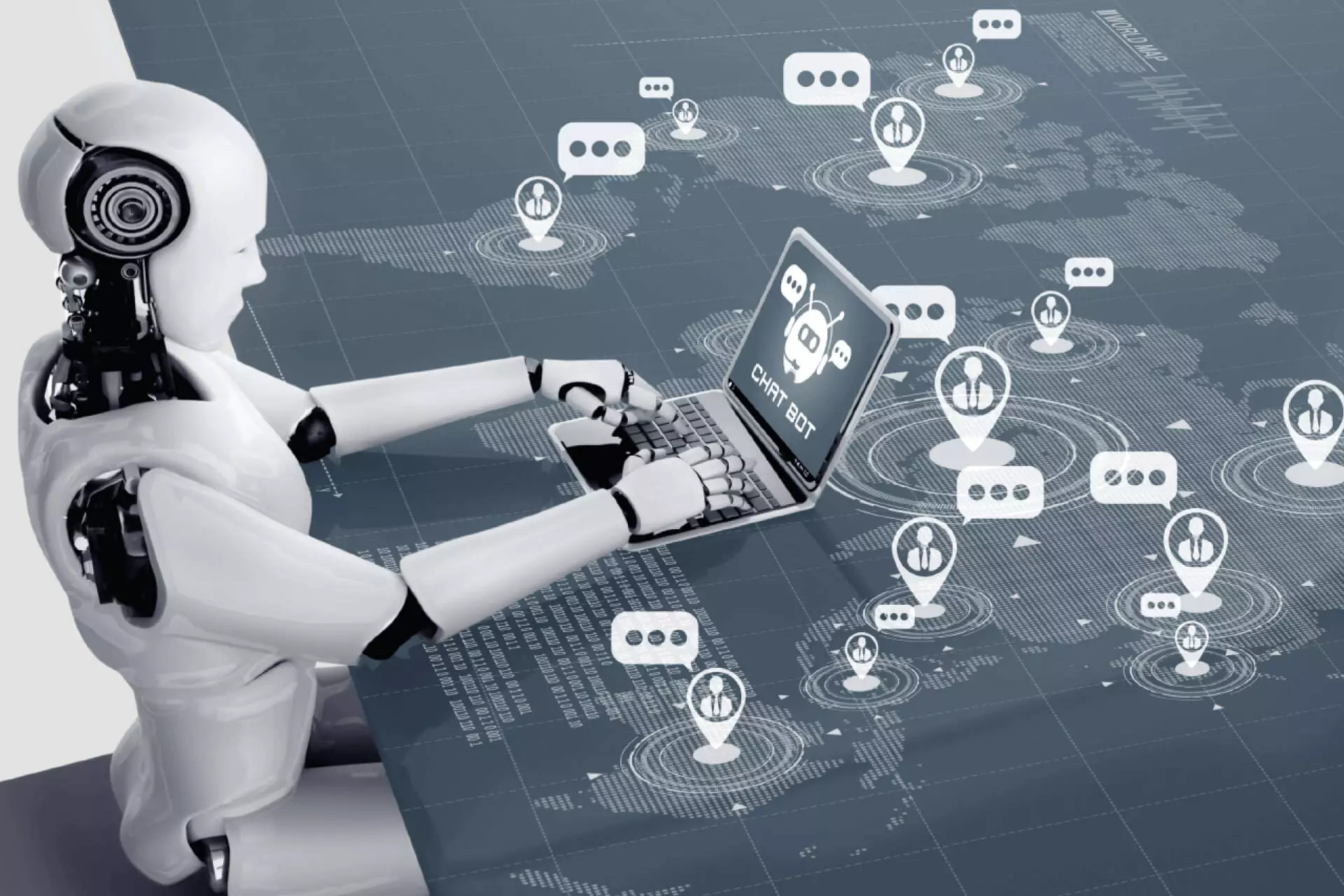In a time of technological advancement and innovation, industries have seen a shift. Major players across a variety of sectors have recognized the potential of automation and robots to streamline processes, enhance productivity, and gain a competitive edge in the market. At the heart of this transformation lies robotics, which encompasses the creation, integration, and installation of robotics solutions across a multitude of industries.
Understanding Robotics Applications
Robotics is a science and engineering field that concentrates on design, and construction as well as their use and operation. A robot, in essence, is a machine capable of performing tasks on its own or with the assistance of a human. These machines can execute repetitive or intricate actions frequently in environments that pose a risk for humans.

The robotics field extends beyond automation. It encompasses a variety of applications aimed at revolutionizing industries and improving lives. Robots are becoming more popular in a variety of fields, from healthcare and manufacturing to logistics and entertainment.
The Automation Revolution: The Rise of Automation: A Paradigm Shift
Modern industrial revolutions are based on automation, specifically robotic automation. Incorporating automated systems into companies has transformed the way they work. It has improved processes and improved efficiency. Automation is the process of allowing machines or robots to perform tasks with minimal or no human intervention, while leveraging technology to enhance efficiency, speed as well as productivity.
Robotic automation involves using robots to perform tasks that humans have previously done. They’re designed to imitate human actions which makes them useful assets across all industries. When it comes to assembling goods in a factory or performing intricate surgical procedures in the field of healthcare, robots are revolutionizing how work is done.
Robotic Process Automation (RPA): Pioneering Efficiency
Robotic Process Automation (RPA) is an aspect of automation that makes use of robots to automate repetitive, rule-based processes within business processes. RPA makes use of software robots, or “bots” to carry out routine tasks. This allows human employees to concentrate on more complicated tasks.
RPA integration is now an industry-wide game changer which brings efficiency, speed, and efficiency to business processes. RPA has changed workflows across various areas, from data entry and billing to customer service and HR.
Fanuc Robots – a new way to innovate industries
Fanuc is a leader in robotics and is among the leading players in this domain. Fanuc specializes in the design and integration of robots across various industries. Fanuc robots are well-known for their efficiency, reliability, and versatility, making them an ideal choice for different industries.
Through the integration of Fanuc robots, industries can transform their business processes. These machines are designed to increase throughput, keep the highest standards of quality, and increase overall efficiency. Fanuc’s products are built with safety in mind, removing workers from dangerous work.
Fanuc: the benefit of the race to be competitive in driving
Industries that embrace Fanuc robots benefit from a competitive advantage within their market. Fanuc robots increase efficiency and productivity, which can lead to a faster return on investment. Through automation of repetitive and labor-intensive tasks, businesses can allocate human resources to tasks that require creative thinking, problem-solving skills, and critical thinking, eventually fostering innovation and growth.
Fanuc also provides solutions that are robotized that are specifically tailored to the particular requirements of every sector. Fanuc’s innovative approach to developing and using robots allows companies to stay ahead of the competition and achieve sustained growth.
Future A glimpse
Robotics and automation are expected to continue to evolve as technology advances. The future will bring artificial intelligence enhancements and sensors that are more accurate and have higher levels of collaboration between robots and humans.
Final conclusion: the integration of robotics and automation which includes Robotic Process Automation, and Fanuc robots is transforming industries. It is propelling them into the future. Robotics’ efficiencies are helping companies to not only survive in the crowded marketplace that we live in, but also to pioneer new frontiers in advancement. We are at the beginning of a new era and the impact of automation, robotics and artificial intelligence will be felt in the near future.